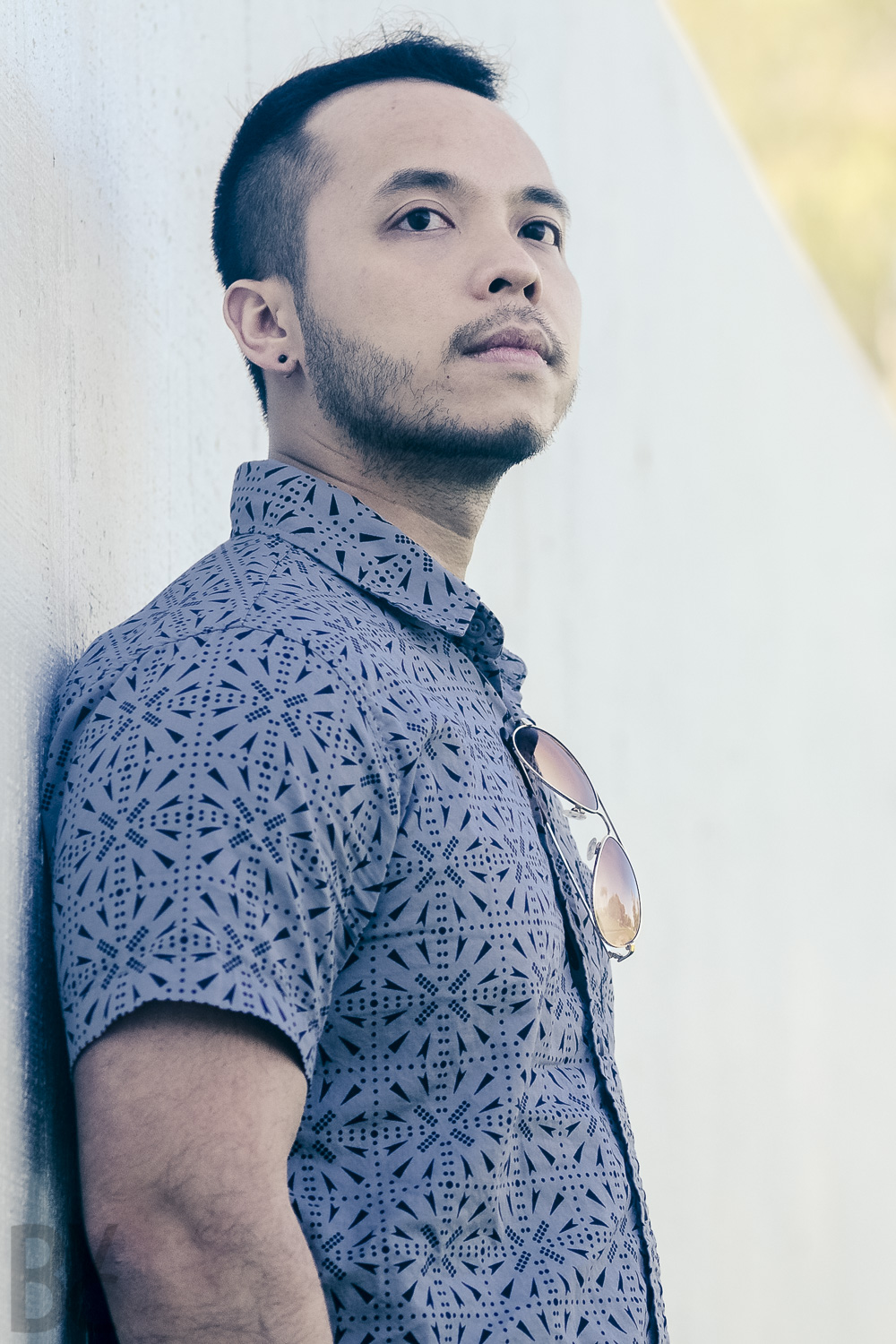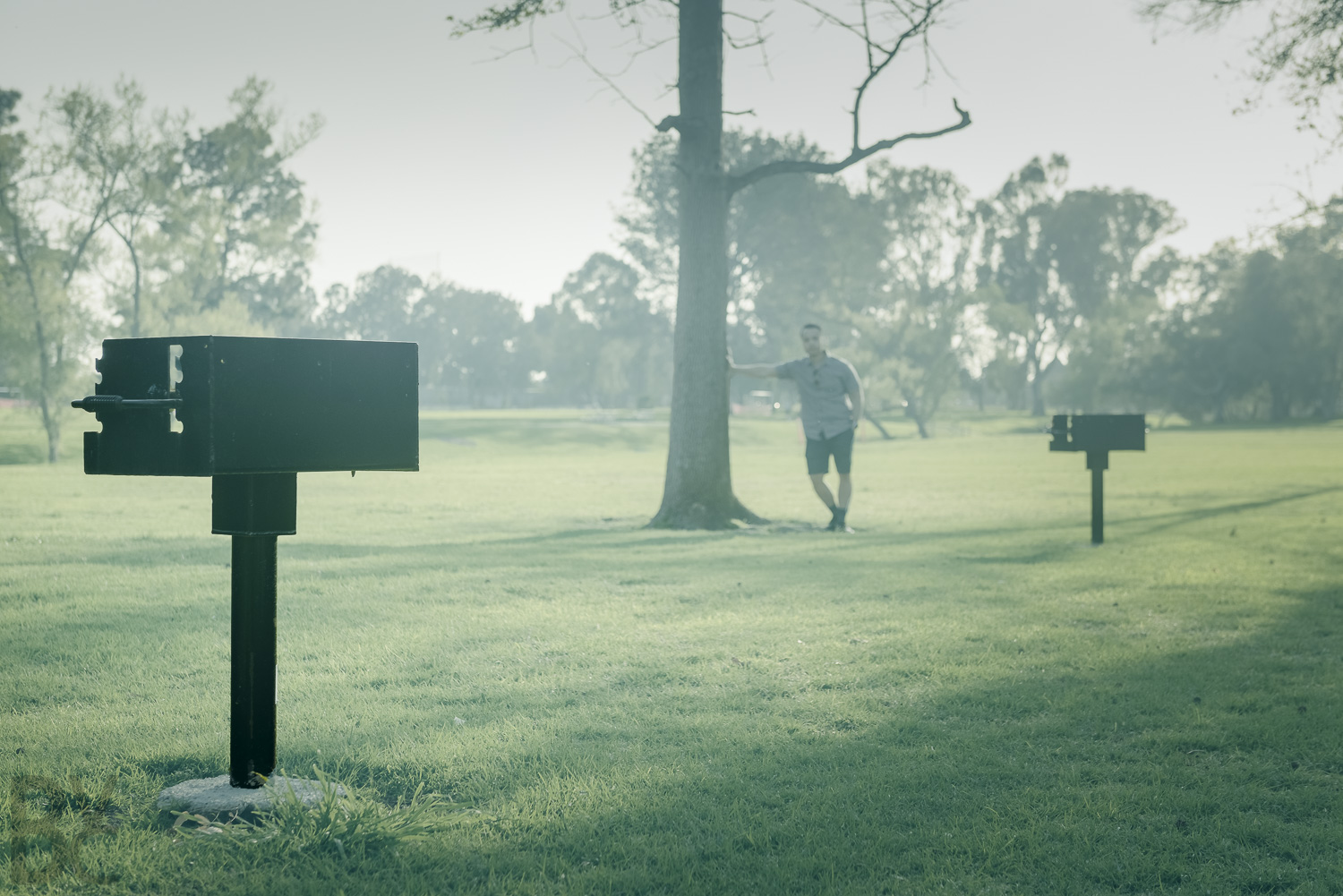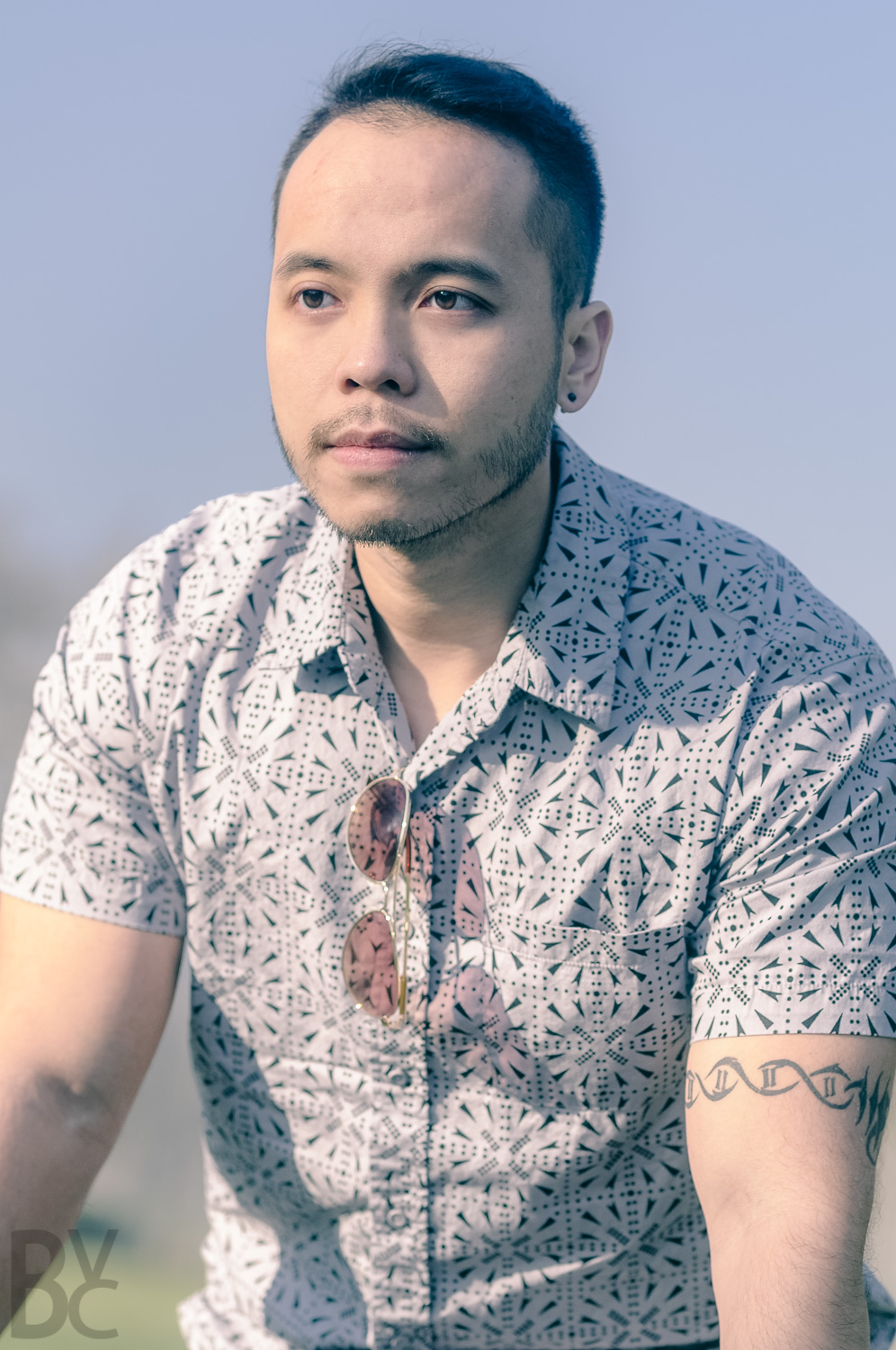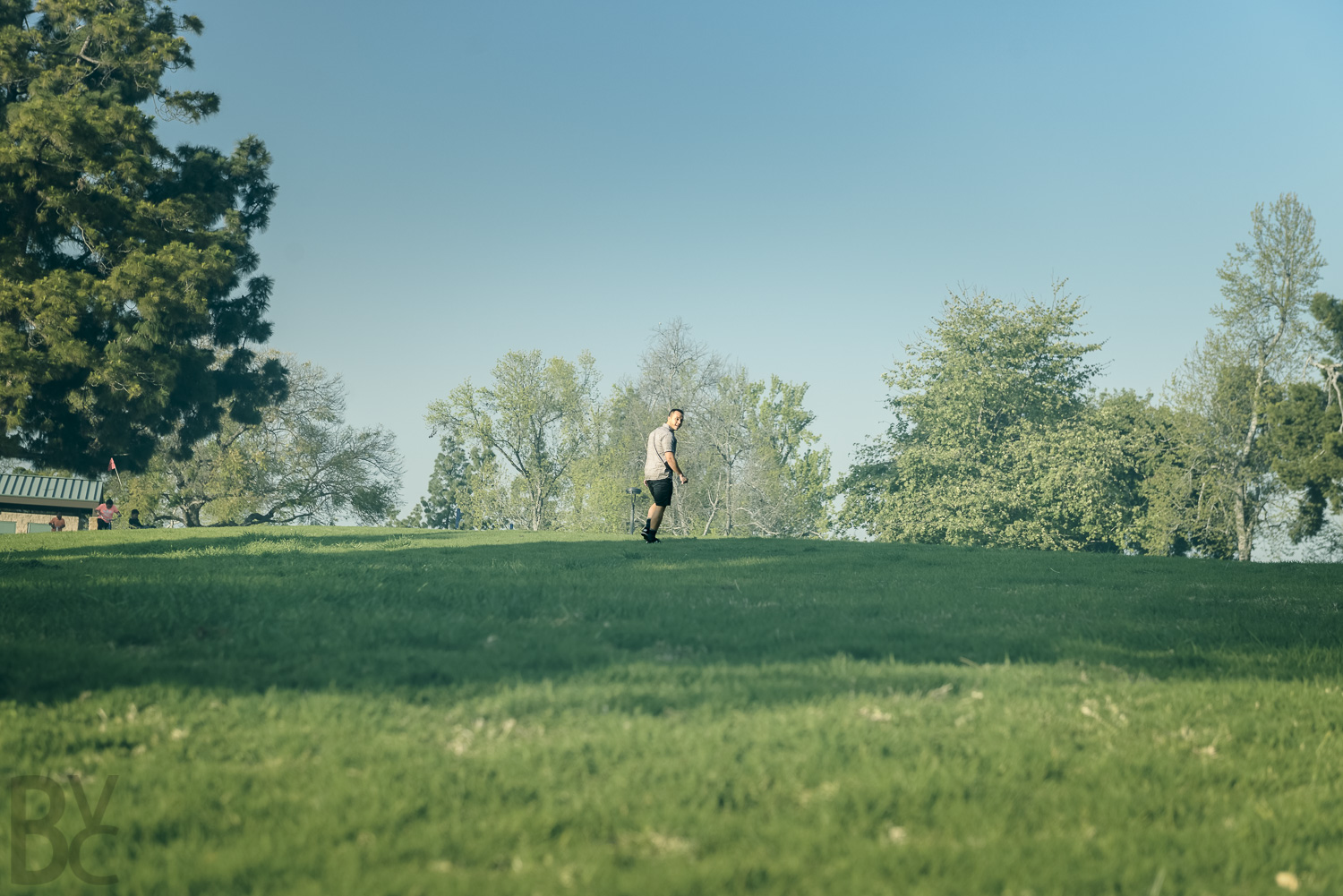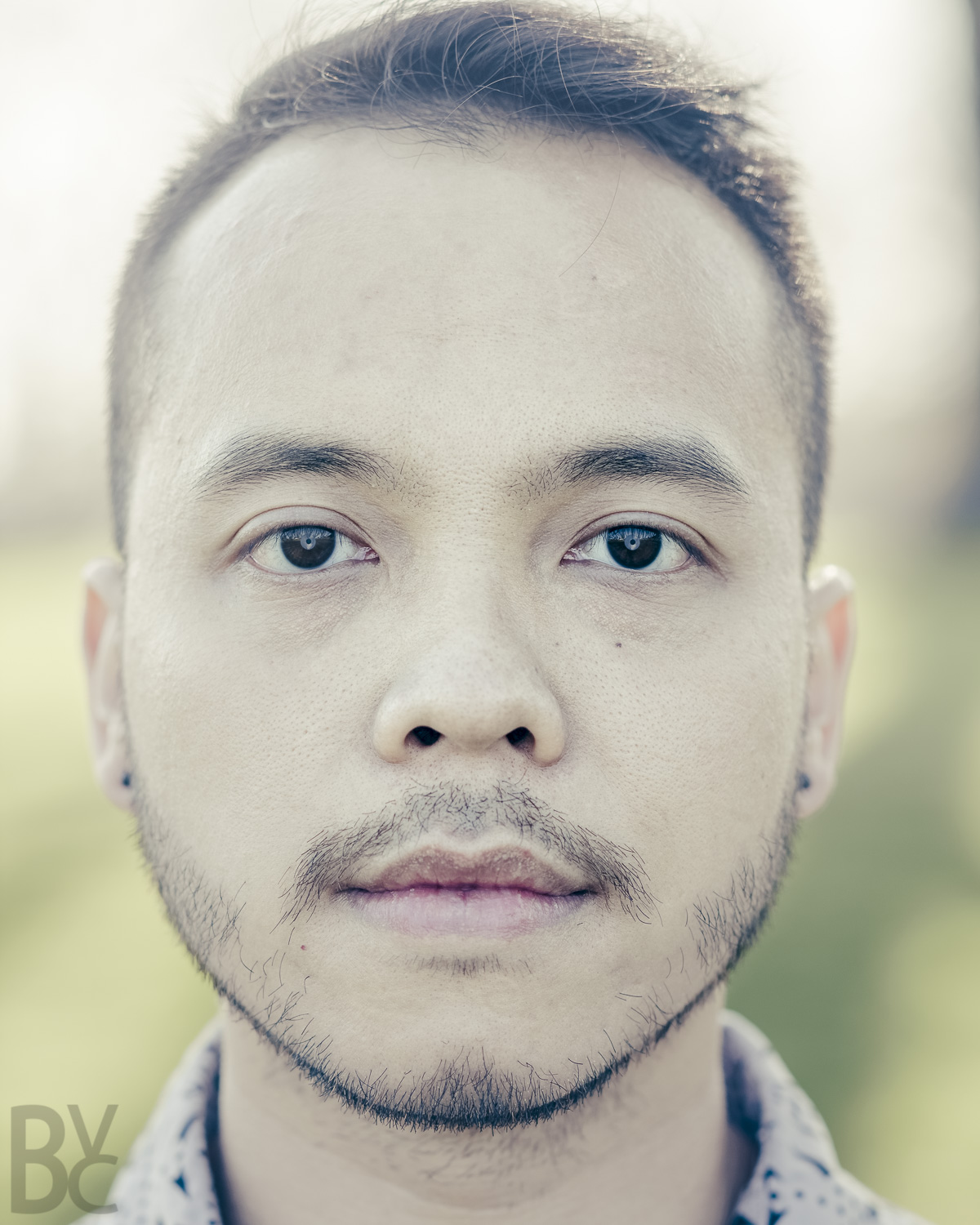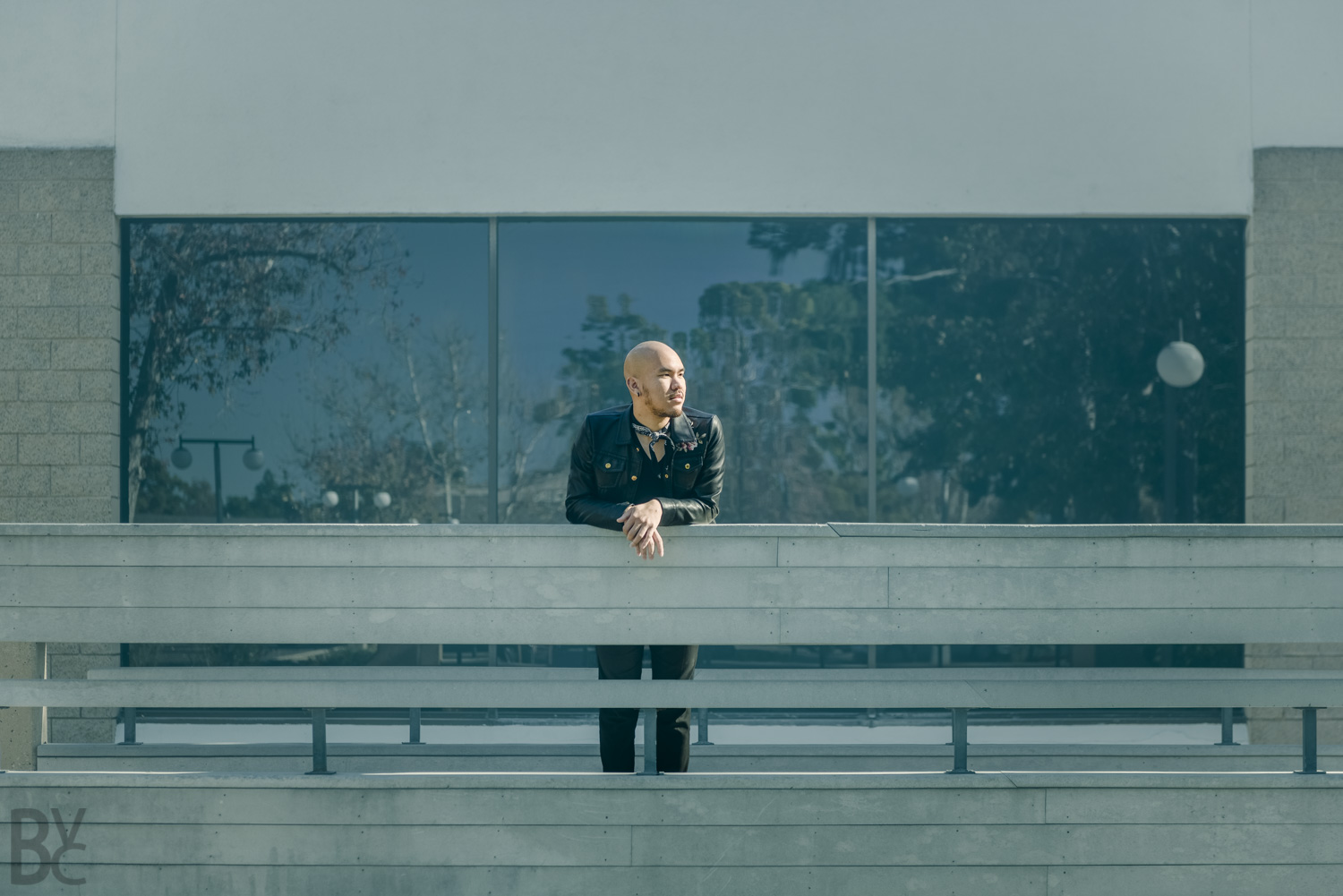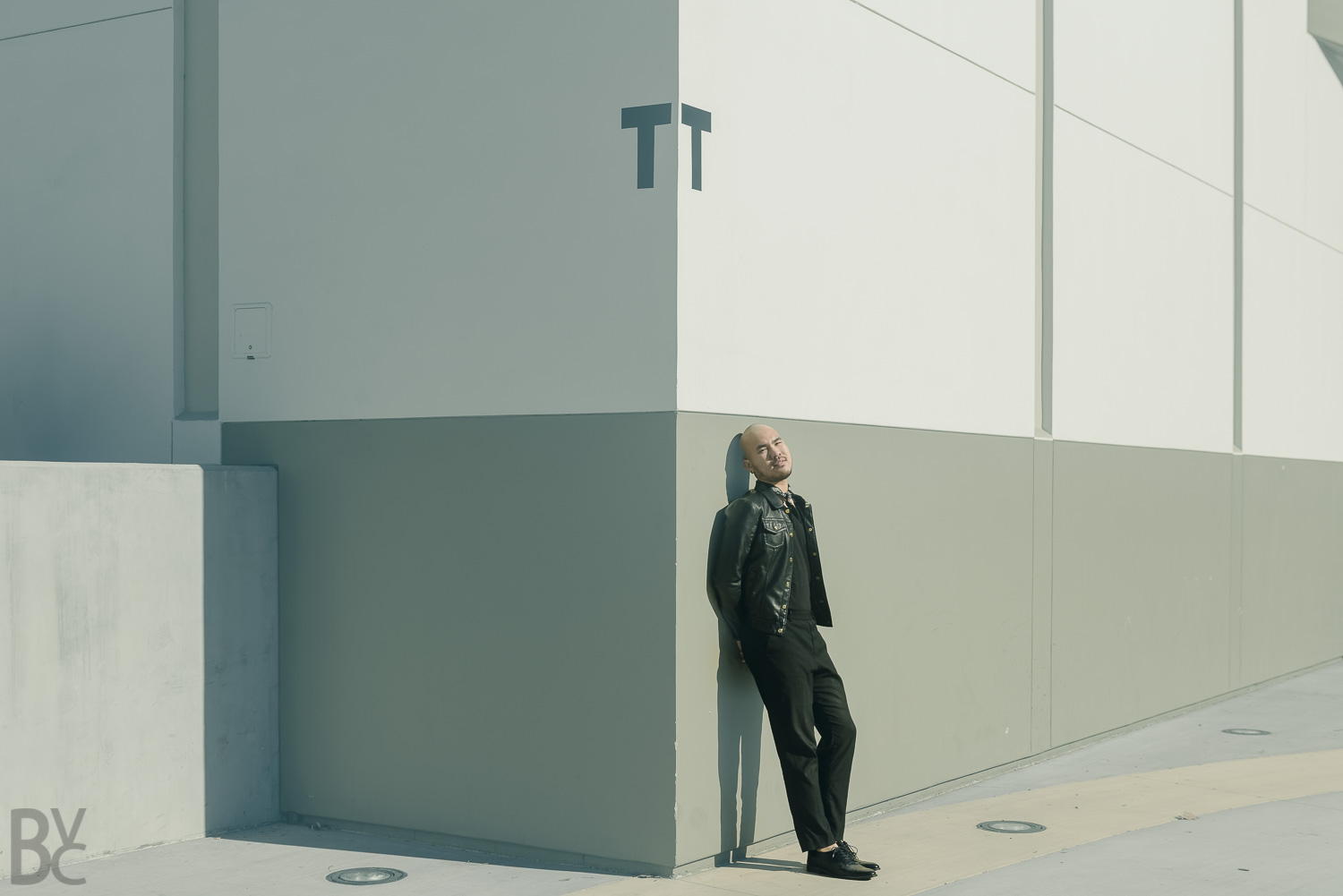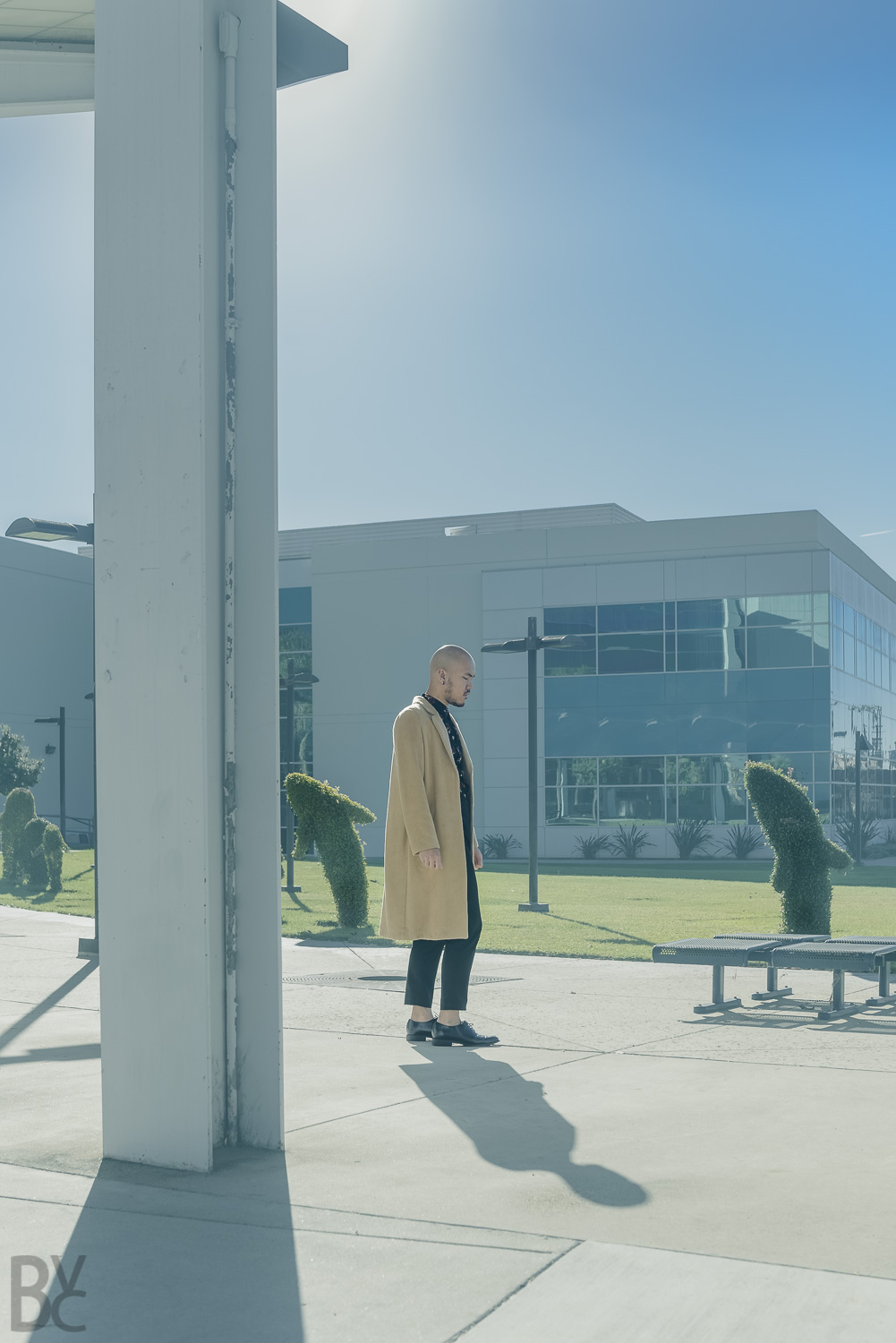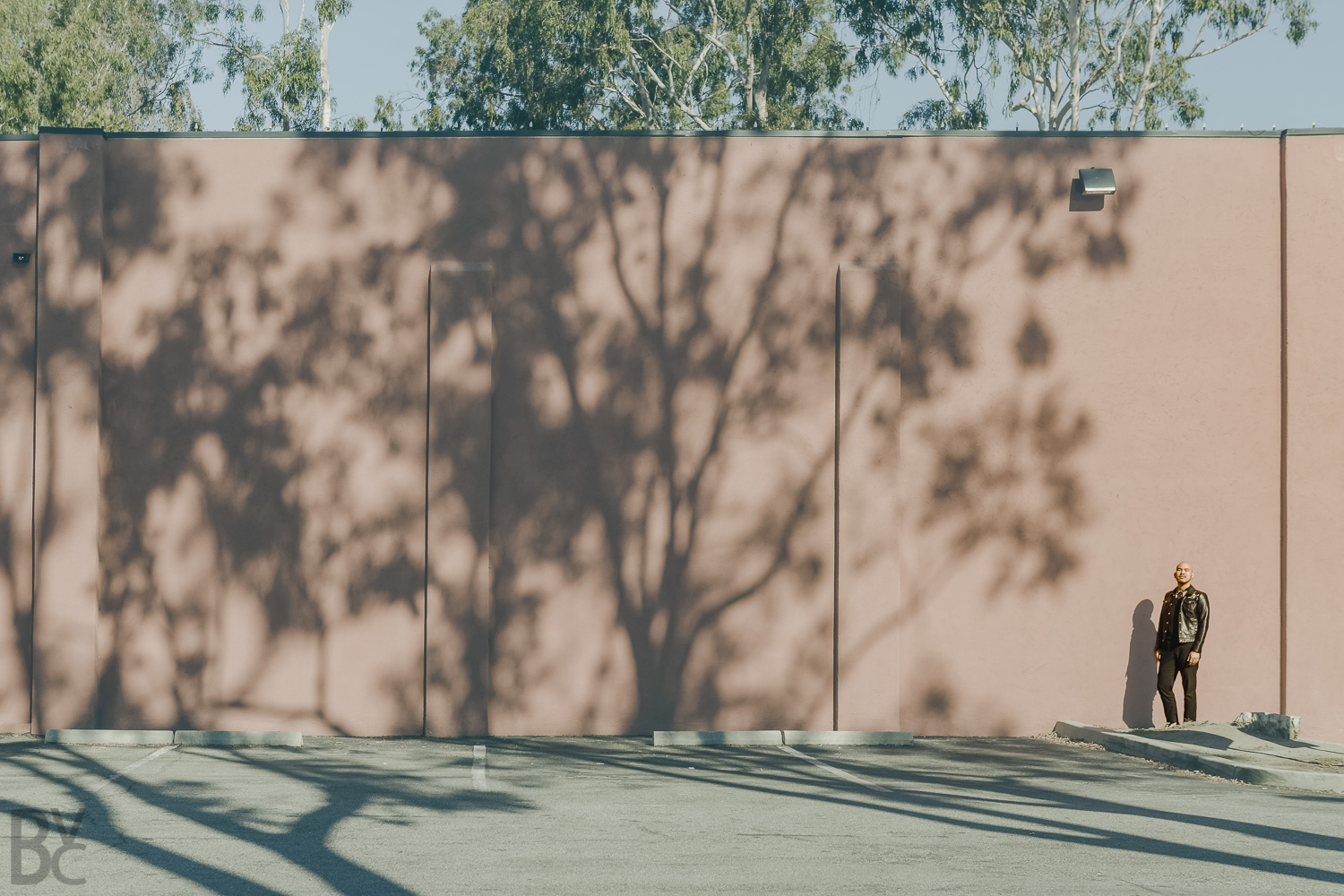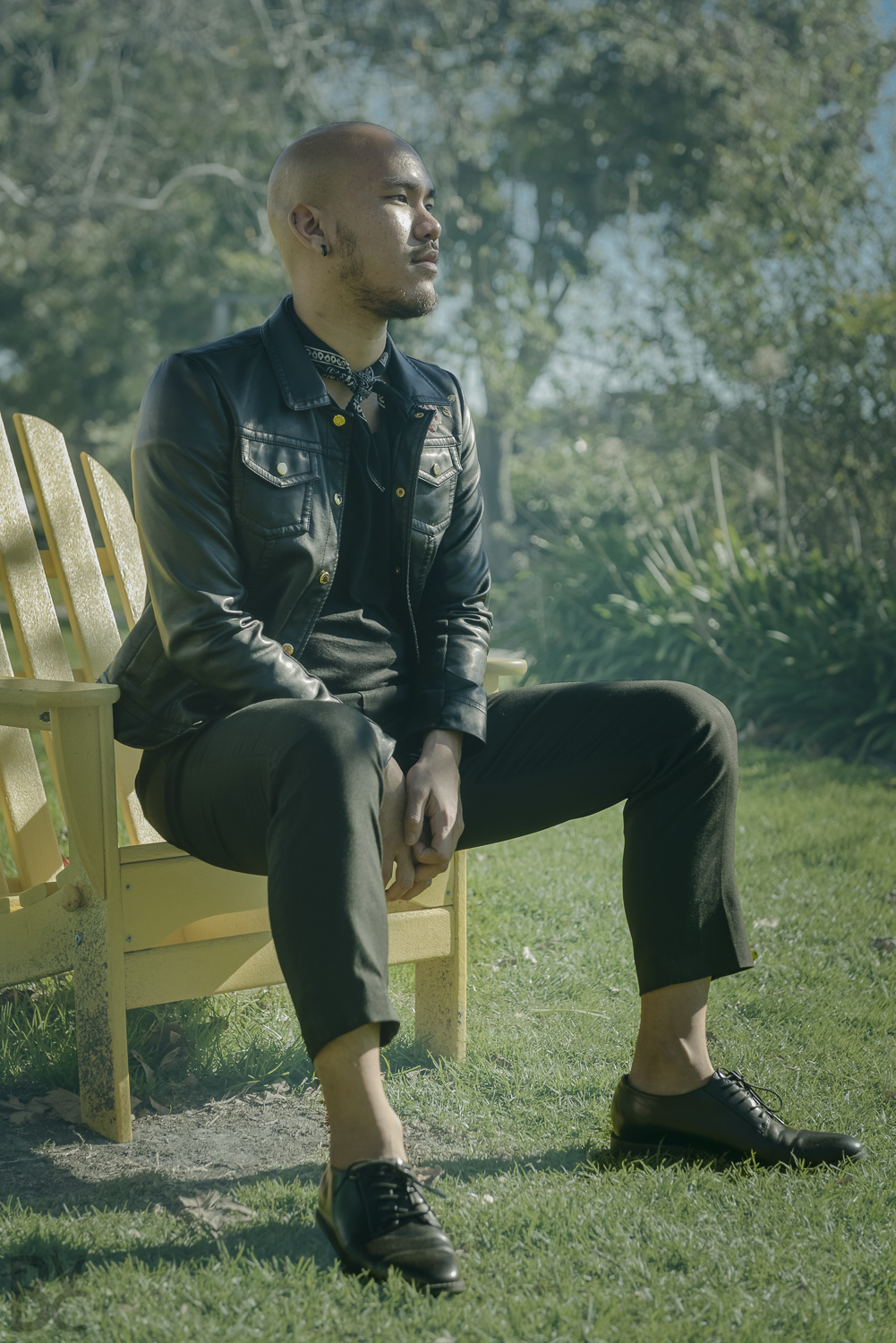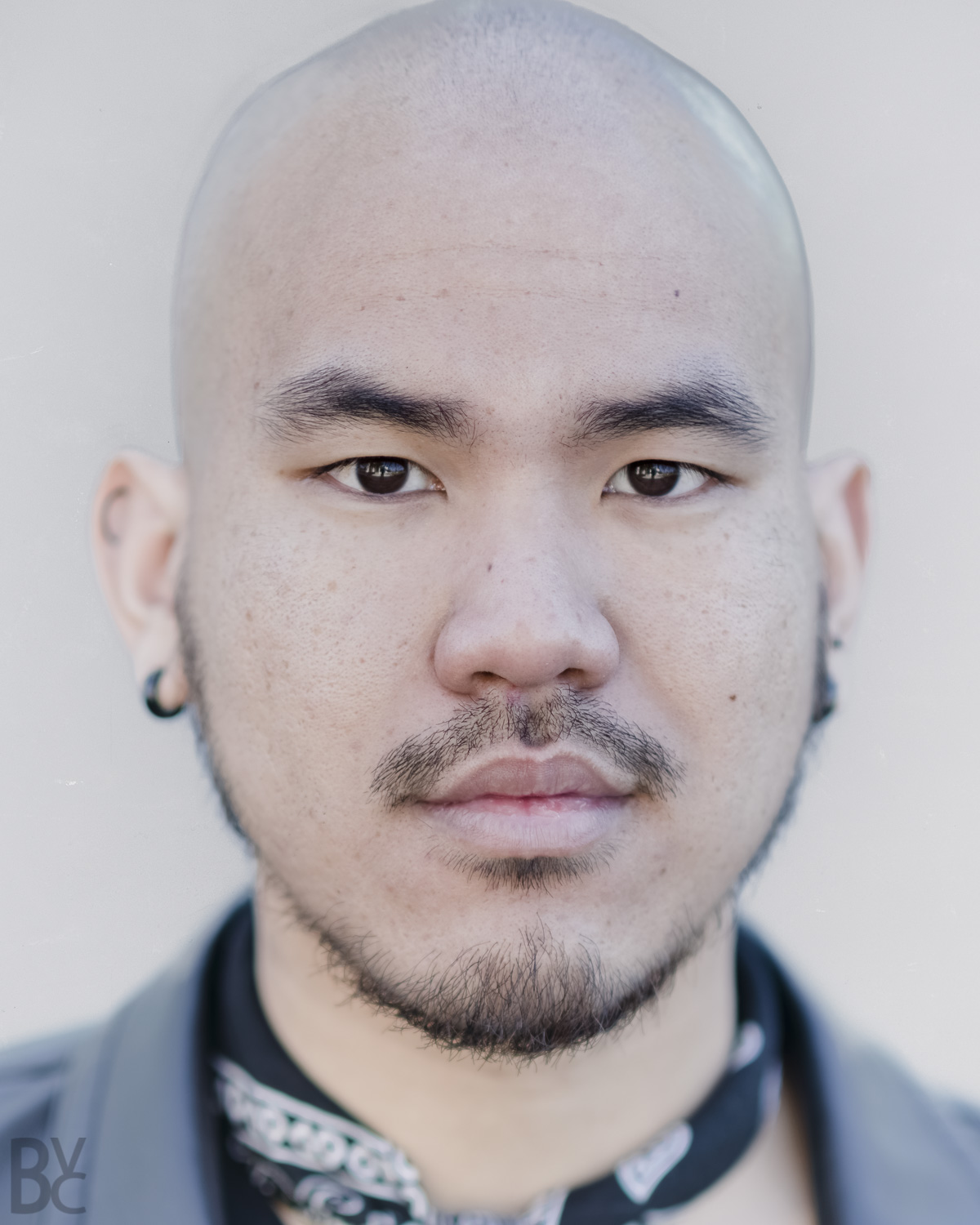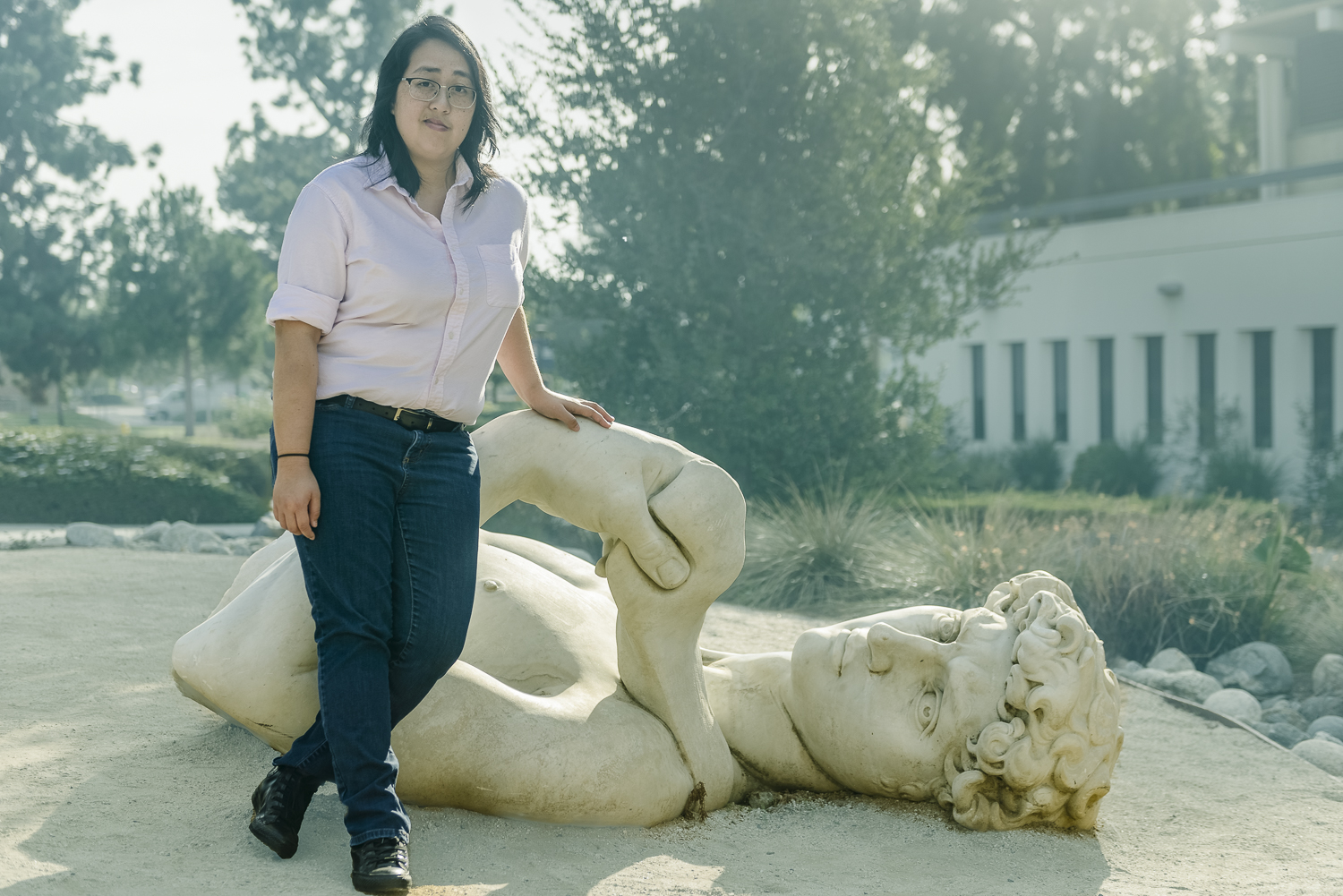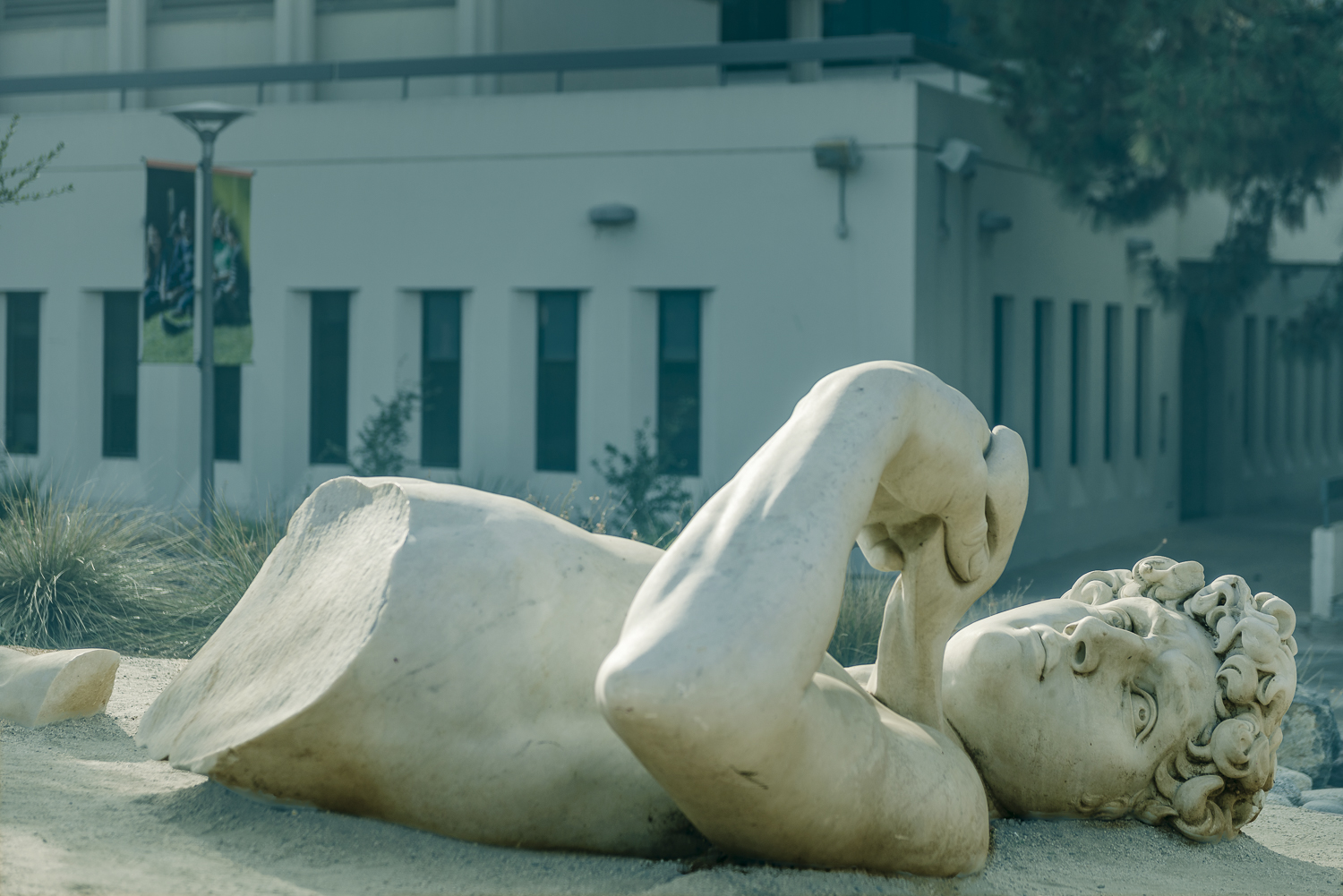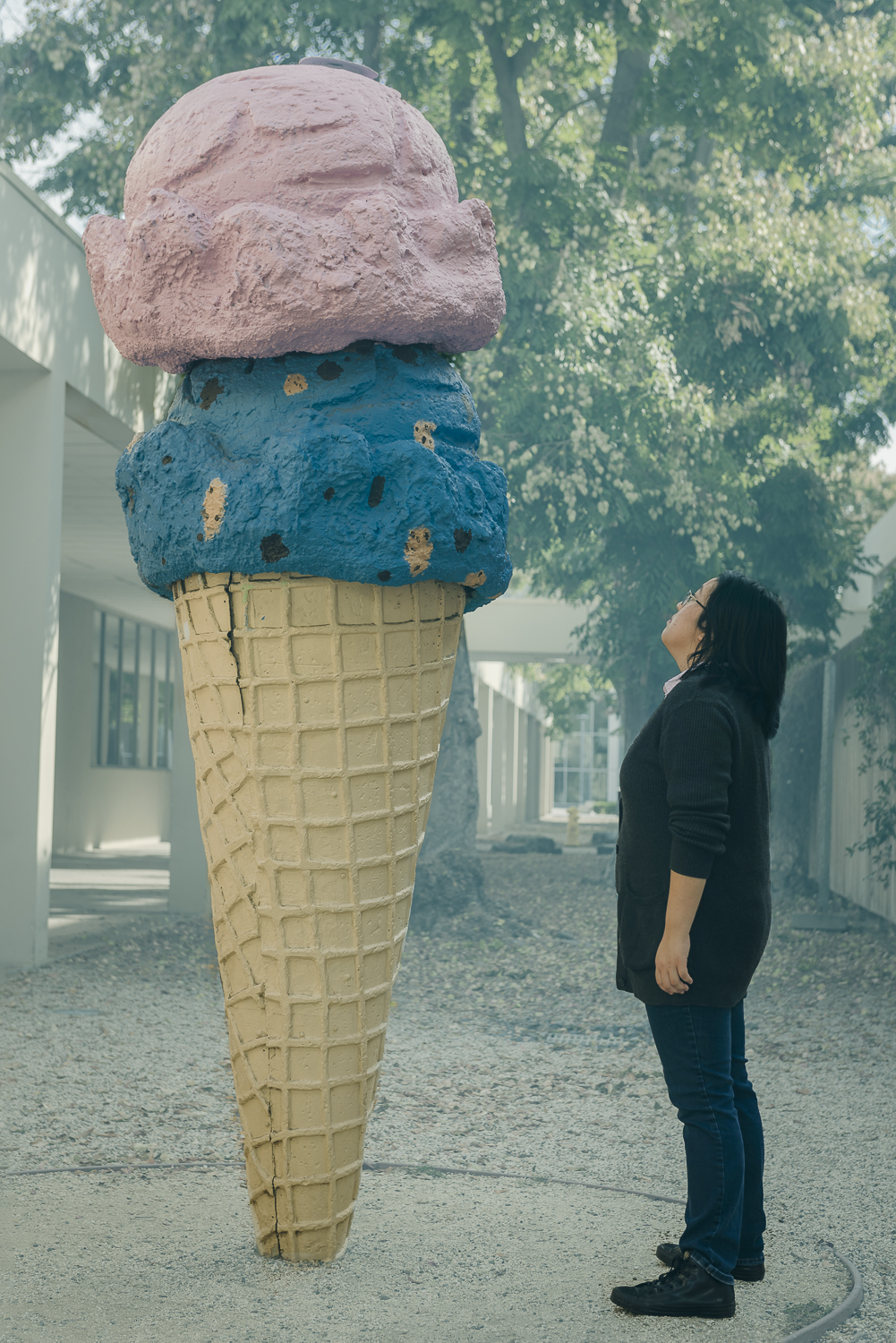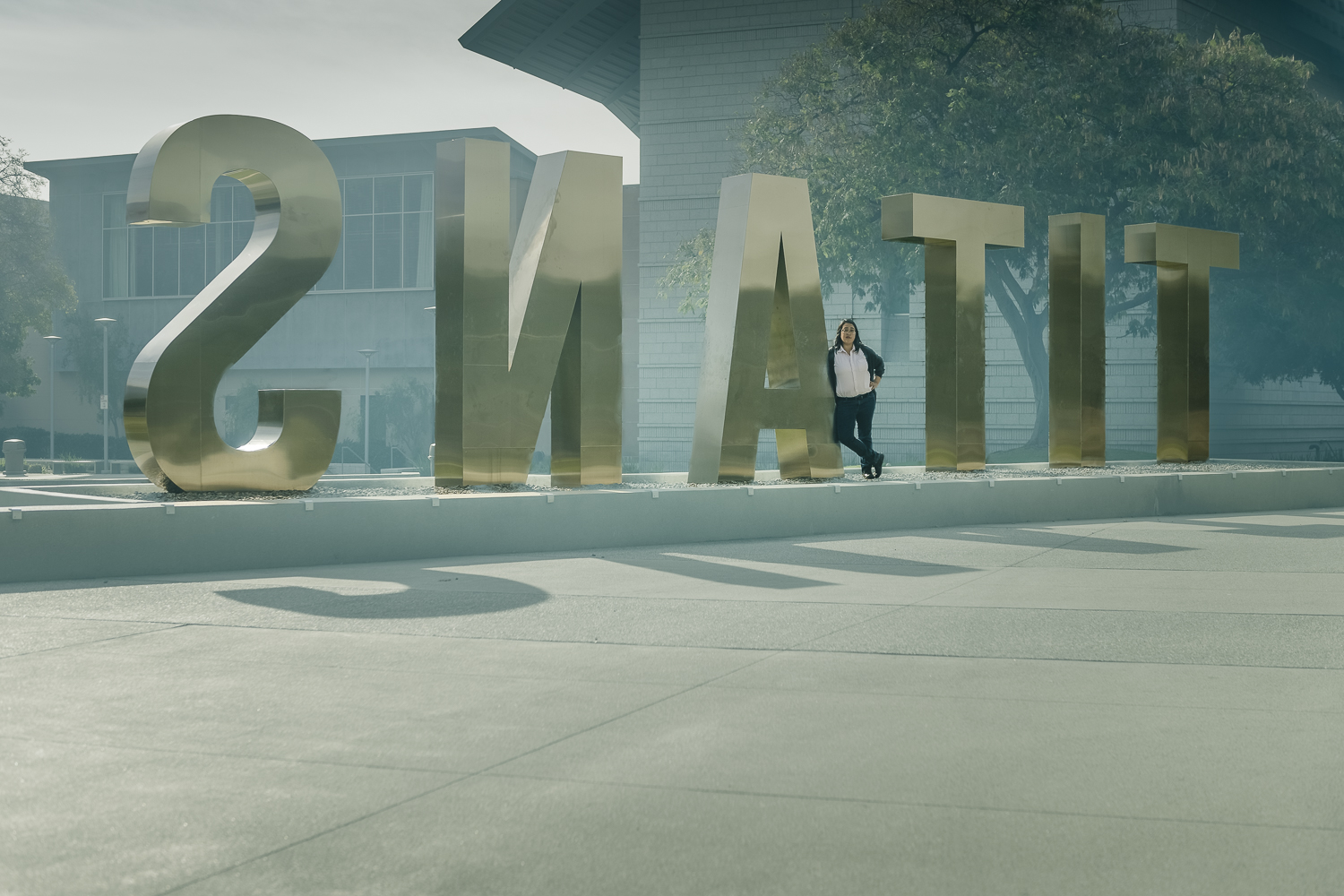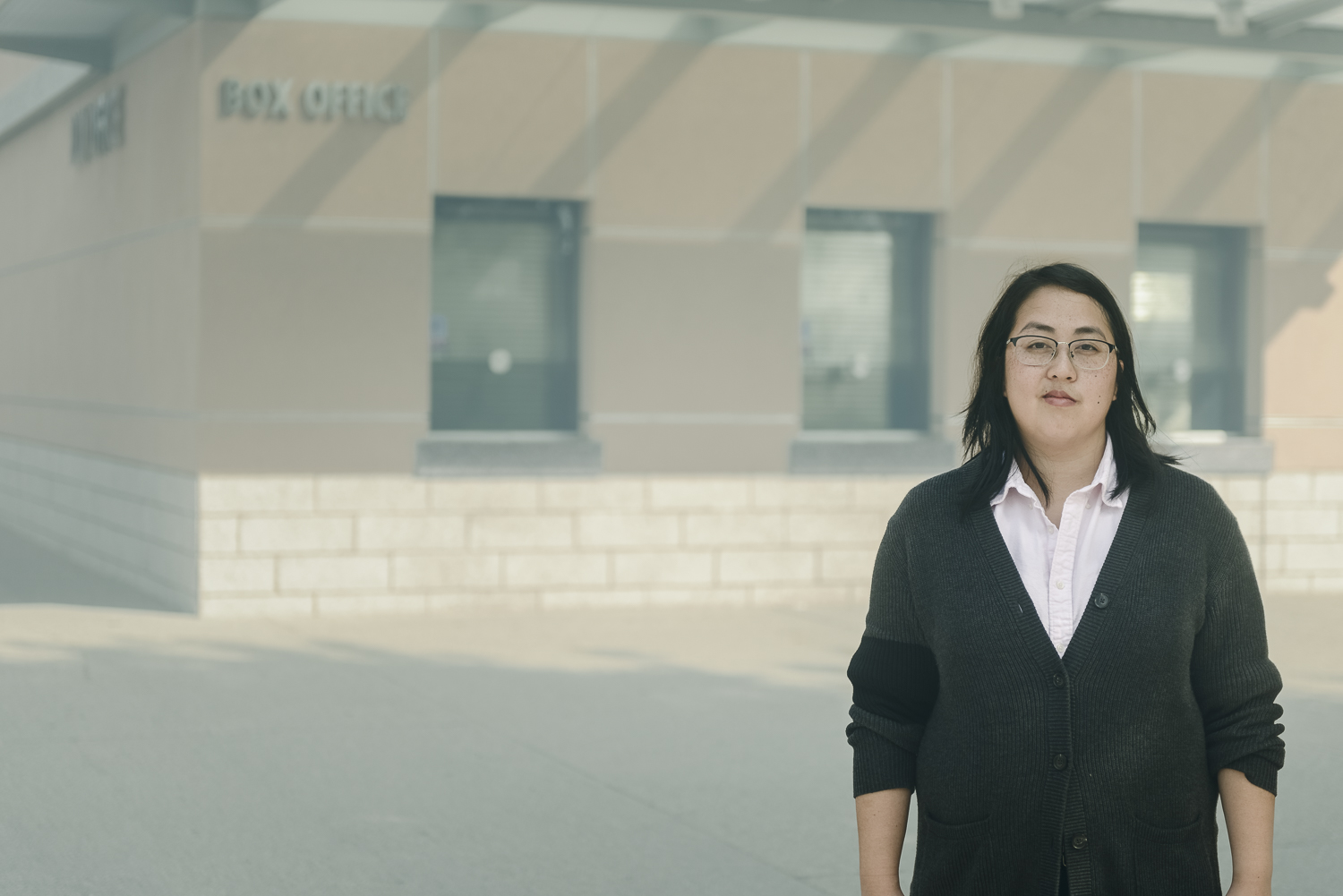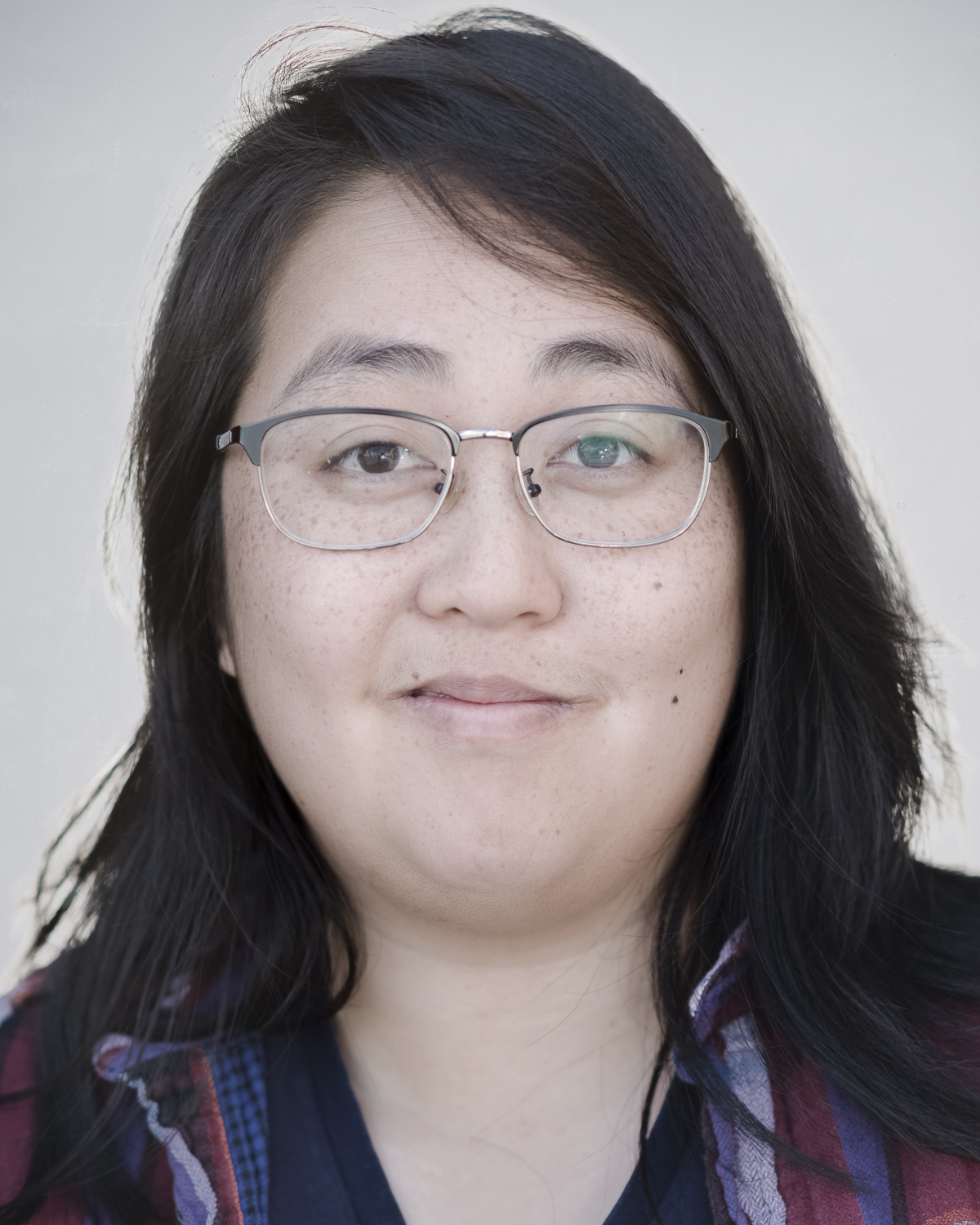Nam N.
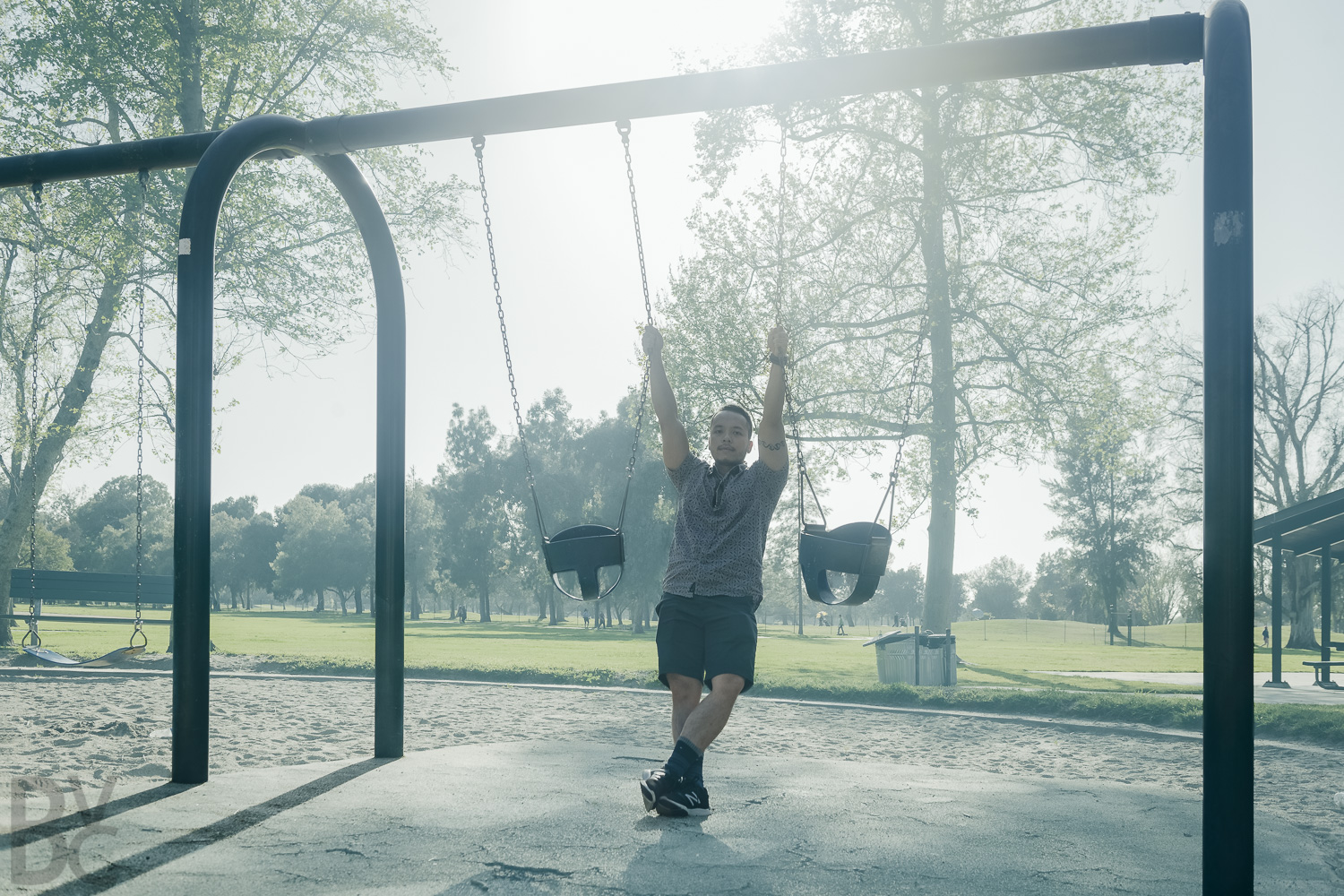
I was born in Vietnam and came to the U.S. when I was sixteen as an immigrant. Being an immigrant I was often undermined and underestimated in my ability to obtain a higher education. Overcoming the language barrier proved a challenge to adjusting to my new life in America. My high school counselor advised me not to take the SAT because she thought I would fail university classes. My aunt told me to avoid AP classes and aim for community college instead. The only person who believed in my ability was my gay uncle, the first person I came out to. He mentored me through the process of gaining my new identity as a gay American. With his support, I applied and was accepted to the University of California Santa Barbara (UCSB). At UCSB, I started to get involved in queer organizations and learned more about the history of the LGBT in the U.S. Throughout the four years of college, I was assimilating into American culture. It was the time of my life that I began to understand what it means to be an American.
After college, I moved to Orange County with my mom. In the quest to find my own community, I found Vietnamese Rainbow of Orange County (VROC) and became the secretary. VROC fights for the rights of Vietnamese LGBT and spreads our visibility in Orange County. In 2013, LGBT people were barred from marching in the Vietnamese annual New Year festival in Westminster, California on the assumption that being gay is not a part of Vietnamese culture. We worked hard for our rights to march and successfully turned the decision around. Ever since then, I have been marching with VROC for the Tet parade. VROC was a second family to me. All these years, VROC had nurtured me to grow up in this post-college chapter of my life. For the first time, I once again realized what it means to be a Vietnamese American. Through learning and sharing our stories, I learned that our experience is different from other Americans and also other Asian Americans. Furthermore, being an LGBT person adds more to the complexity of our American identities. In the end, I cannot be happier than to be a proud gay Vietnamese American.
Currently, I am a Ph.D. student at the University of California Irvine studying genetics. Being a scientist is not something that is associated with the LGBT. None of my VROC fellows are in the science field. A lot of time I did not feel related professionally with my VROC family. On the other hand, I am the only gay Vietnamese person in my science community. My mom even pointed out that science is a career for white people. Despite the lack of role model, I applied for grad school and became a scientist. I was very happy that I chose something which is authentically me as I am passionate about science and discoveries.
It is a stereotype that neither Vietnamese nor gay people are involved in science. In fact, I have met LGBT individuals as well as some Vietnamese fellows at my Ph.D. program. I believe there are many LGBT individuals working in the science field who are not visible. LGBT visibility in science disregards the stereotype that LGBT individuals are not contributing to science. Despite being unique, I am visible and carry my own voice for each community that I live in or work for. I am proud to be counted as a gay Vietnamese American scientist. I will continue to work for the voices and the visibility of my own people.
Nam Nguyen
He, Him
Fountain Valley, CA
